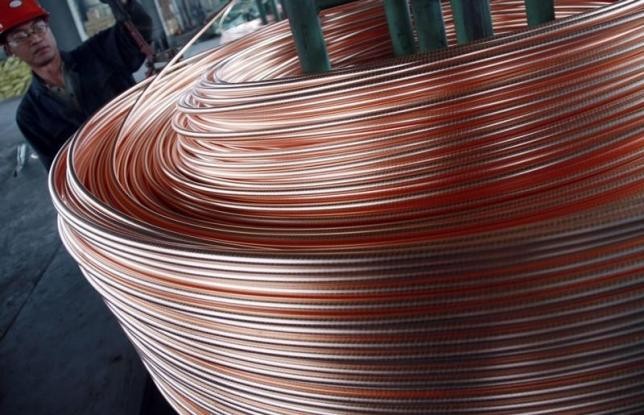China, one of the largest import and export economies in the world, is exerting a strong influence over the price of raw materials such as iron ore and copper, despite the slowing down of demand in China that resulted in marked impact on markets last year.
An article published by businessinsider.com cited a note written on Monday, April 18, by Ed Morse, which said that commodities and future contracts are increasingly being dominated by China in another way.
Morse said that Beijing is set to play a larger role in global price discovery as he urged futures markets in China to keep their expansion over the next few years. This includes the launch of China's first crude futures contract which is highly anticipated in late 2016. To give Chinese investors ways to track a number of commodities in both onshore and offshore market, ETFs and long-only funds (LOFs) should also start trading, he added.
Last year, trading volumes in Chinese futures contracts increased, Morse noted.
Morse, who is the global head of commodities at Citi, gave three reasons for the increase in trading volumes in Chinese future contracts. First was the volatile currency, and second was the growing demand to hedge onshore despite falling commodity prices. He said that since it became harder to short-sell in the stock market, betting against commodities became a way to bet against China in general, in addition to the easing of domestic liquidity conditions, which was the third reason he cited.
"Chinese commodity futures markets have exploded in the past two years," Morse wrote. "Key contracts in industrial metals, gold and agricultural products have become some of the most widely traded commodity futures contracts in the world."
The expert also predicted that the popularity of futures contracts, which give traders the obligation to buy or sell commodities in the future at an agreed price, would continue to grow.
According to the World Federation of Exchanges report released on Monday, trading in commodities on the Dalian Commodity Exchange and the Shanghai Futures Exchange surged to more than 1 billion contracts last year.
Bloomberg reported that trading in Dalian rose 45 percent last year, while Shanghai transactions climbed 25 percent in 2015.
As volume on the commodity bourses in China grew, the center of the commodities world has now shifted to the East.



























